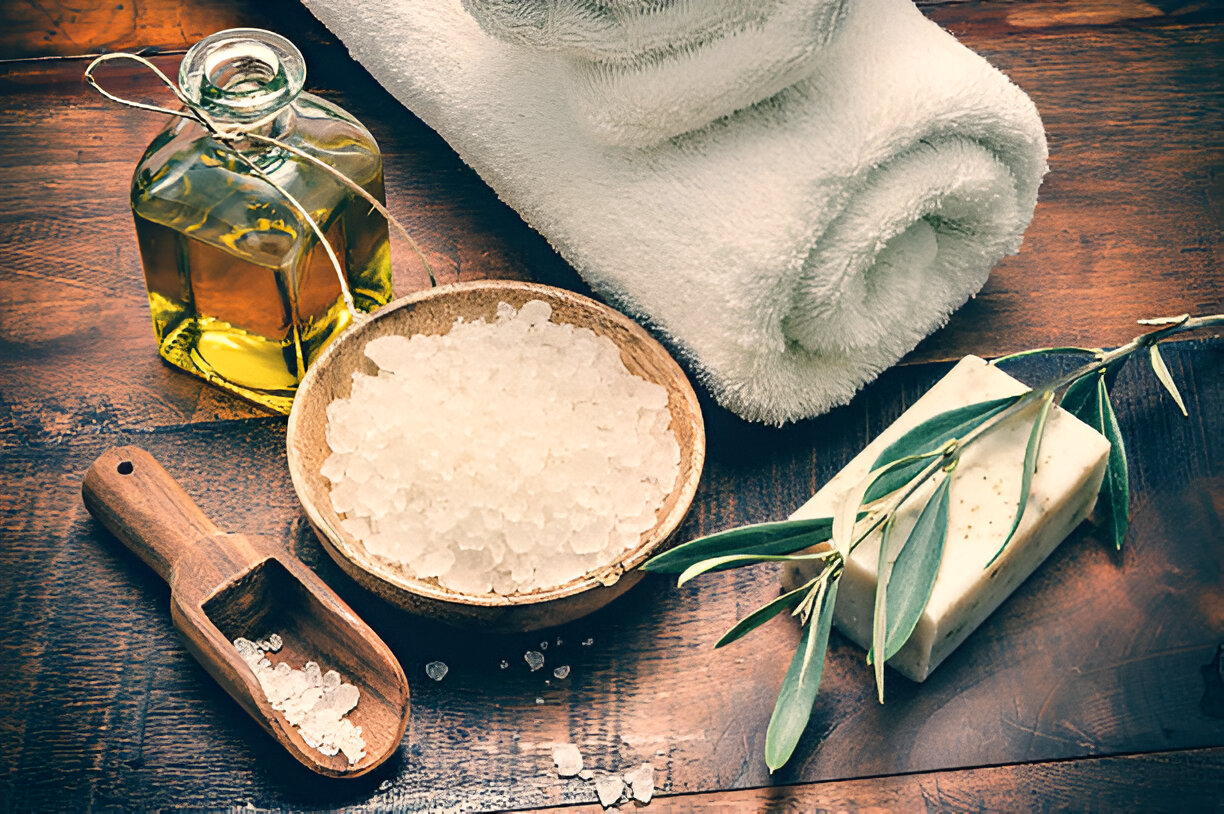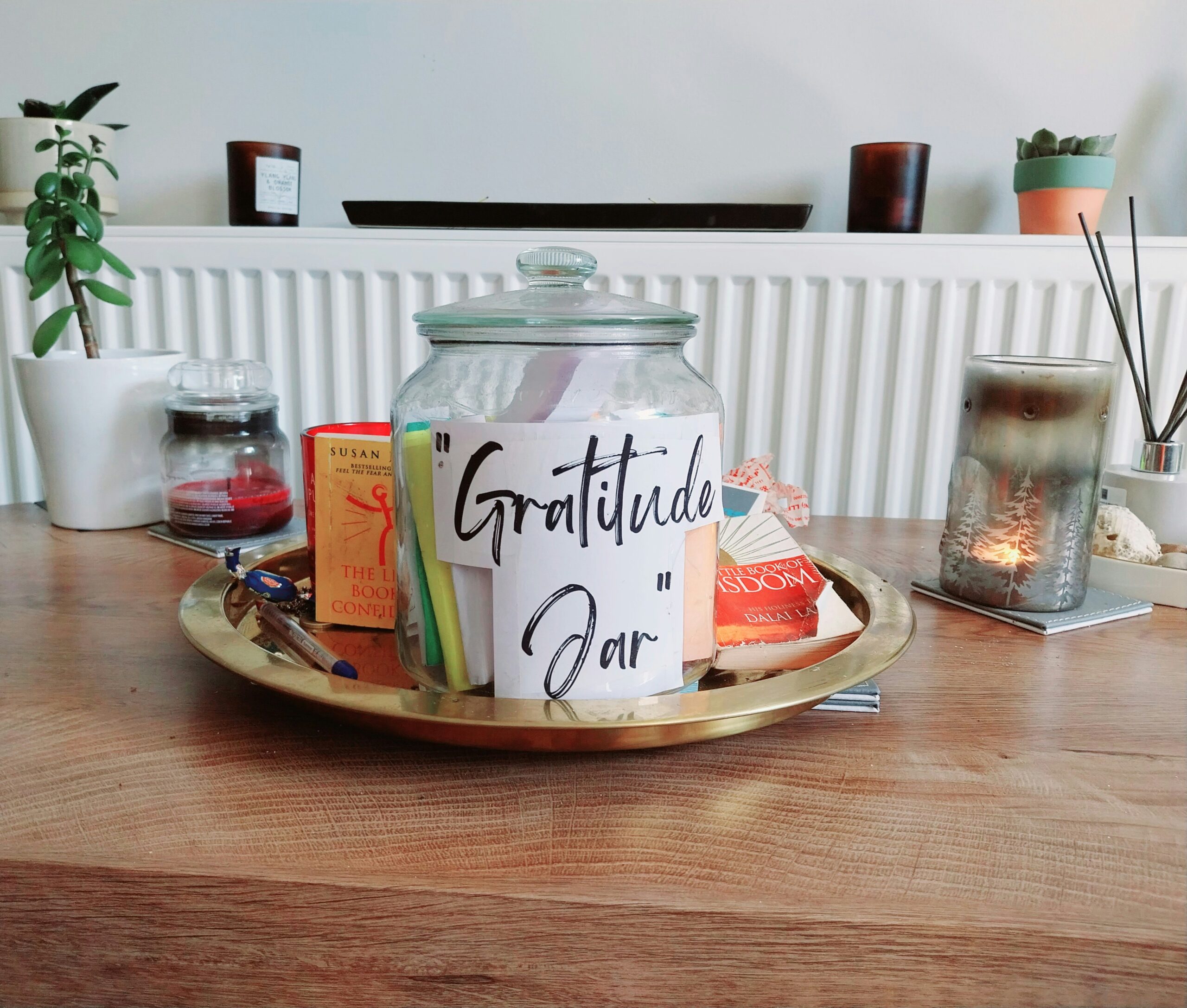

During a detox, it’s important to have a solid, healthy meal for lunch. Get inspired by
these detox-friendly lunch recipes
, or feel free to create a meal from any of the “Foods to Include” listed below.
Aim for variety, and take care not to supersize your portions. A lunch salad might include 4 ounces of protein, 1/2 cup of grains, greens, a cup or two of vegetables, a tablespoon of oil, and several herbs and spices.
Our detox guidelines, including which foods to eat and which to avoid, were adapted from
“Clean: The Revolutionary Program to Restore the Body’s Natural Ability to Heal Itself”
(HarperOne; 2009) by Alejandro Junger, M.D.
Foods to Include
Dairy substitutes:
Rice, oat, and nut milks such as almond milk and coconut milk
Non-gluten grains:
brown rice, oats, millet, amaranth, teff, tapioca, buckwheat, potato flour, quinoa
Fruits and vegetables:
unsweetened fresh or frozen whole fruits, water-packed canned fruits, diluted fruit juices and raw steamed, sauteed, juiced, or roasted vegetables
Animal protein:
fresh or water-packed fish, wild game, lamb, duck, organic chicken, and turkey
Vegetable protein:
split peas, lentils, and legumes
Nuts and seeds:
walnuts; sesame, pumpkin, and sunflower seeds; hazelnuts; pecans; almonds; cashews; nut butters such as almond or tahini
Oils:
cold-pressed olive, flax, safflower, sesame, almond, sunflower, walnut, canola, and pumpkin
Drinks:
filtered or distilled water, decaffeinated herbal teas, seltzer or mineral water
Sweeteners:
brown rice syrup, agate nectar, stevia, fruit sweetener, and blackstrap molasses
Condiments:
vinegar; all spices, including salt, pepper, basil, carob, cinnamon, cumin, dill, garlic, ginger, mustard, oregano, parsley, rosemary, tarragon, thyme, and turmeric
Foods to Exclude
Dairy and eggs:
all
Butter and mayonnaise:
all
Grains:
wheat, corn, barley, spelt, kamut, rye, triticale
Fruits and vegetables:
oranges, orange juice, corn, creamed vegetables
Animal protein:
pork, beef, veal, sausage, cold cuts, canned meats, frankfurters, shellfish
Vegetable protein:
soybean products (soy sauce, soybean oil in processed foods, tempeh, tofu, soy milk, soy yogurt, textured vegetable protein)
Nuts and seeds:
peanuts and peanut butter
Oils:
shortening, processed oils, salad dressings, and spreads
Drinks:
alcohol, caffeinated beverages, and soft drinks
Sweeteners:
refined sugar (white and brown sugars, honey, maple syrup, high-fructose corn syrup, evaporated cane juice)
Condiments:
chocolate, ketchup, relish, chutney, barbecue sauce, teriyaki
Things to Watch For
- Corn starch is often present in baking powder, beverages, and processed foods.
- Vinegar is in ketchup and mayonnaise, and some mustard includes wheat or corn.
- Breads advertised as gluten-free still might contain coats, spelt, kamut, or rye.
- Many amaranth and millet flake cereals contain oat or corn.
- Many canned tunas contain textured vegetable protein, which is from soy; look for low-salt versions, which tend to be pure tuna, with no fillers.
- Multi-grain rice cakes are not just rice. Be sure to purchase plain rice cakes.
Get more
Action Plan tools
and
join the community





















